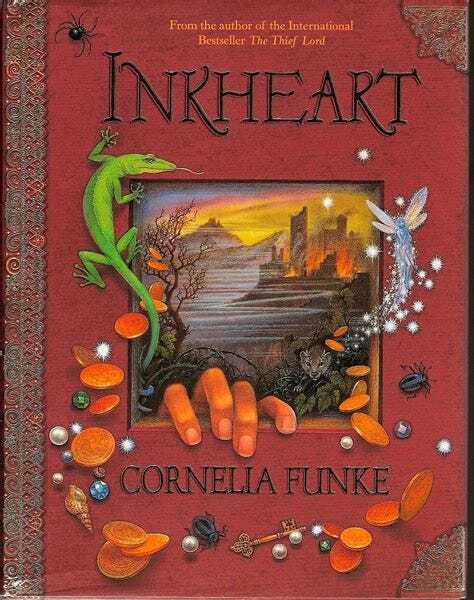- cross-posted to:
- [email protected]
- cross-posted to:
- [email protected]
(1) the ruling class benefits from illiteracy.
(2) short-form video entertains more than it sticks.
(3) reading is a discipline distinct from listening, watching, or other forms of literacy. It’s a skill that needs to be honed separately.
(4) Absolutely no one comes to save us but us. . . .
The reason you hate reading is because the ruling class benefits from illiteracy.
Not total illiteracy, mind you. That’s bad for business. . . . Read enough to be able to consume and to execute, not to consider critically, certainly not enough to create. Because then what? A mass of people realizing we can create and recreate everything we see and touch to something kinder for us?
. . .
Your relationship with reading is more than likely a direct result of your experiences with authority figures as a child.
In a great many iterations. If you were lauded for reading, put on a pedestal in front of your peership, it might be stress-inducing to return to work the muscles you know have atrophied. Are you still good or worthy of help if you cannot read voraciously, like you did as a child? If you were labeled a problem, difficult in class, slow… I bless and keep you. Worse, if you were made to feel less than because of your reading ability (unintelligent. burdensome. a waste of space. bound for prison) then you likely have a literal stress-response when someone mentions or suggests reading to you. Reading is a site of trauma your body holds onto for most of us. Anyone that suggests reading must not understand what you went through. Every objection imaginable will materialize when someone suggests that you *try *to read.


I’ll offer a recommendation. Pass a book between chapters/sections with someone you want to discuss it with. My wife and I read two chapters at a time leapfrogging each other and it keeps us excited and engaged in it with each other. It also acts as a loving encouragement when we get slow or struggle with motivation.